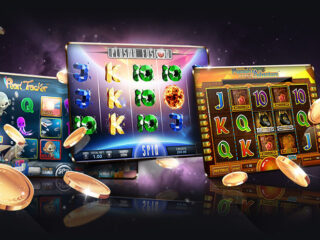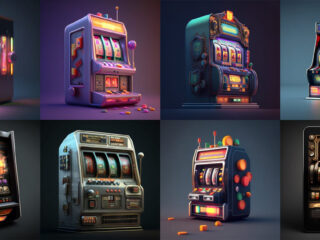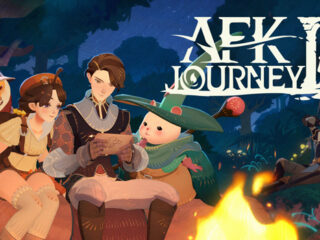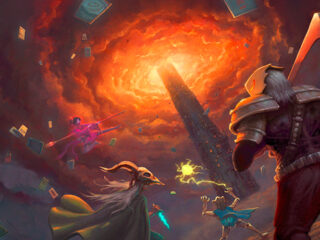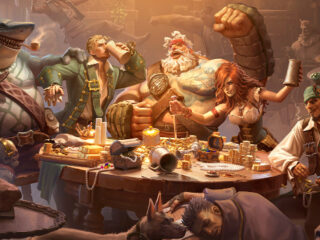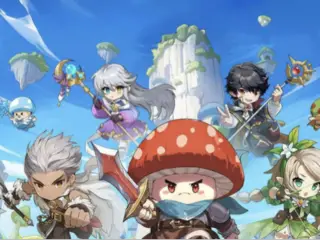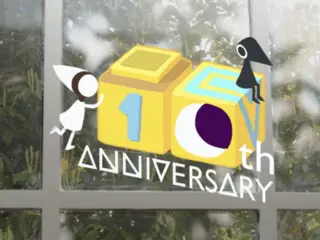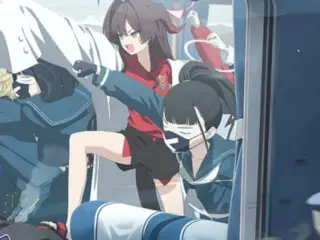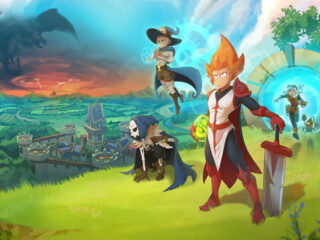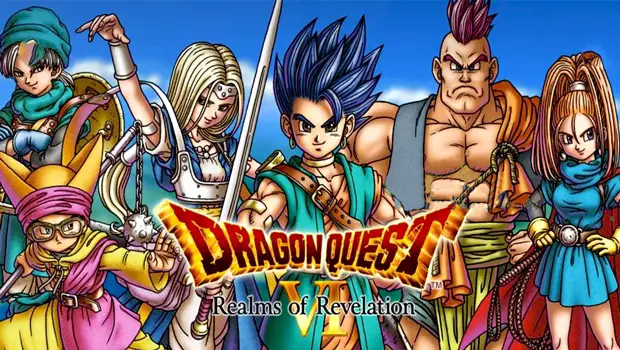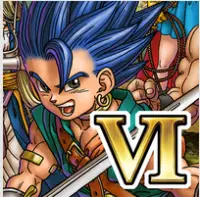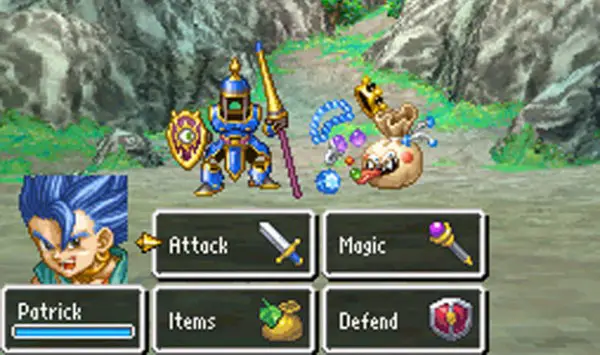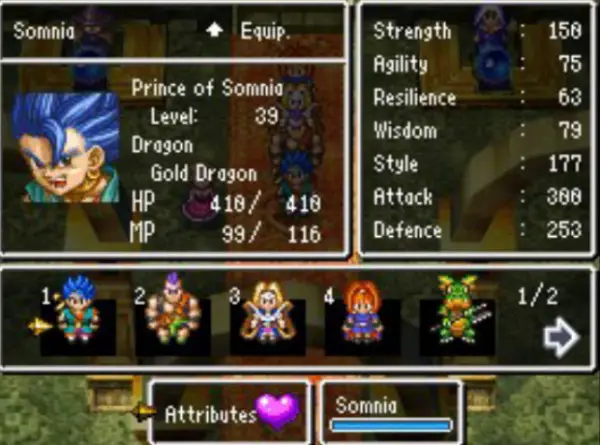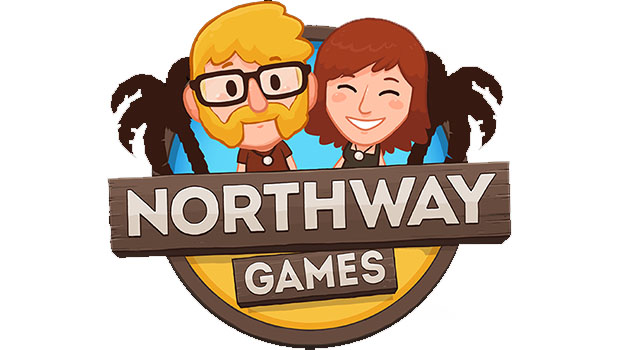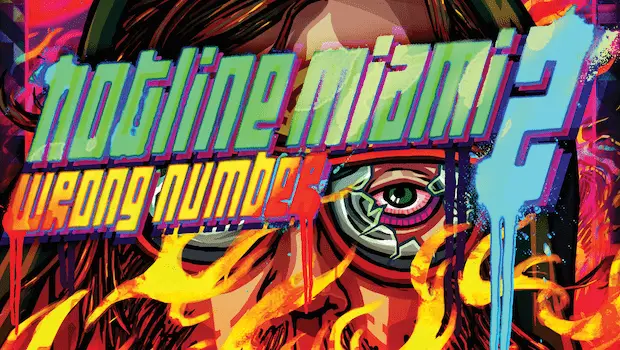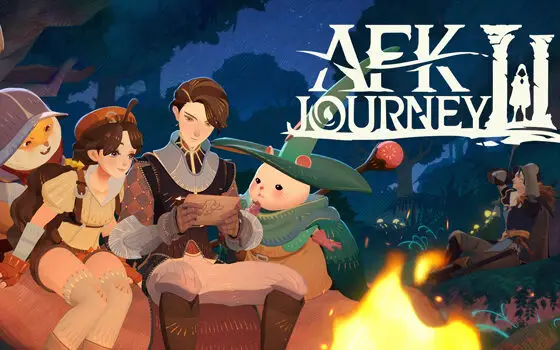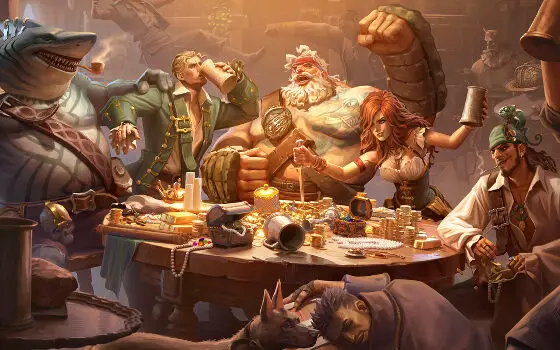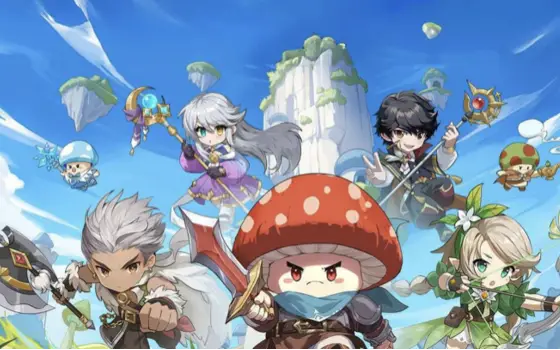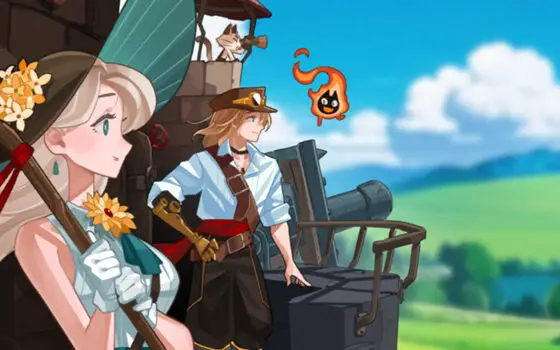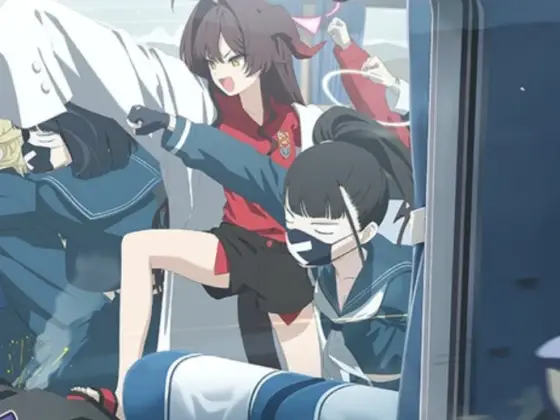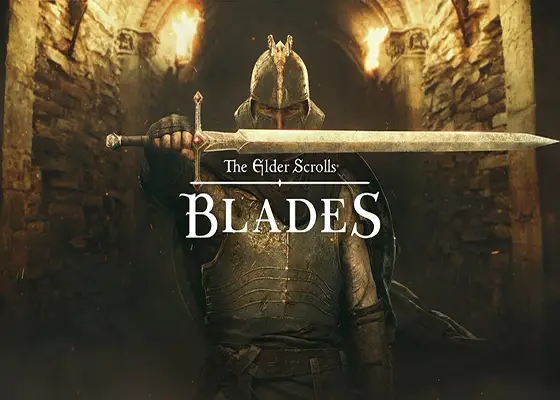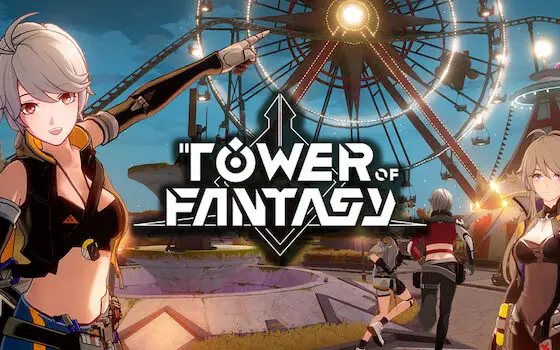Remember the line from Wayne’s World 2 where Wayne quips to his girlfriend that everyone in the world had a copy of Frampton Comes Alive, and that it “came in the mail with samples of Tide?” The same goes for the Dragon Quest series if you are an American gamer.
For the release of Dragon Warrior (the first American release of the Dragon Quest series), publisher Enix decided to run a promotion with Nintendo Power that gave copies of the game to new Nintendo Power subscribers. The move worked both ways as subscriptions jumped, and many gamers got their first taste of the franchise, and in some cases JRPG’s in general.
Since then, however, Final Fantasy took the crown of JRPG franchise king in the West, while Dragon Quest reigned as emperor of the East. Its success in Japan is nothing short of a phenomenon, but many gamers elsewhere in the world (myself very much included) haven’t exactly been keeping tabs on it over the years.
In fact, Dragon Quest VI is now only the second game in the series I’ve ever played. I ask that you take this into consideration when I tell you that I don’t think this is the kind of essential Android RPG it has to be to stand out in such a competitive market.
There is a plot and story to Dragon Quest VI, and they’re both essential to highlight in critiquing the game. The plot is about a hero who has just suffered a crushing defeat against a demon king named Murdaw, and awakes unsure of where he is, who he is and how he got there. Admittedly the amnesiac hero set-up tops the list of JRPG clichés, but it does eventually lead to a tale worth experiencing. It may take a good chunk of the game’s 50 hour runtime to get it there, but Dragon Quest VI’s plot is skillfully built around creating the right amount of anticipation for some big payoff moments.
The story of Dragon Quest VI, however, is that of the game itself. Released originally for the Super Famicon in 1995, it would be until 2011 until the game got a proper localization for Western audiences in the form of a Nintendo DS release that this Android version largely keeps intact. While that version brought with it a graphical overhaul, a fresh translation and a couple of cute mini-games, for the most part Dragon Quest VI is a time capsule of JRPG tropes of that era.
That means a, largely, standard turn based battle system, plenty of level grinding and random battles galore. That last one is a real issue, as the concept of randomly encountering invisible enemies on the world map is by and large outdated and Dragon Quest VI goes way too far with it. Random battles are frequent, and the game does not do a great job of scaling the encounters with your level. However, this being an old-school style JRPG, it is vital that you battle as often as possible to prepare yourself for the game’s difficulty spikes. The experience can be draining to say the least.
Even when weighed solely against the games of its time, Dragon Quest VI falls short in some key areas. As much as I like the overall plot of the game, the dialogue, characterization and writing are not great. Now some of that might come down to translation issues, but considering that Earthbound, Chrono Trigger and Final Fantasy VI all came from Japan around the same time and excel in those elements, that shouldn’t be much of an excuse.
The other big thing keeps Dragon Quest VI from those titans of the golden era, is a lack of identity. While the revamped graphics help to make the game’s great art direction stand-out even now, and the fantastic soundtrack sounds better than ever, what few deviations the game does make from the standard JRPG experience (including a robust job system, a persistent slime battling arena game and the use of inter-dimensional world travel) do not do enough to distinguish this game. It’s not that they are not well implemented, but rather that they seem largely in place to service those who are already entranced by the game, and do little to provide incentive to play Dragon Quest VI on their own accord.
The big appeal of Dragon Quest VI upon its DS release was that it finally gave fans of the series outside of Japan a chance to experience the installment, and though I don’t count myself among that crowd, taken as its own game that very much feels like that’s still the appeal of Dragon Quest VI. Actually, in looking a little deeper into the reception of this game among the more ardent fanbase, it’s worth noting that the general consensus of Dragon Quest VI is that it is not a top tier entrant into the franchise.
If you are already a fan of this series, you’ve mostly likely already made up your mind as to whether you want to buy it or not. For everyone else, I’d have to advise to stay away. Dragon Quest VI is not a bad game, and it does a couple of things really well, but it is terribly dated and doesn’t do much to justify it’s $14.99 price tag considering that you could get two or three arguably superior titles in the same genre for that price.
Hardcore?
Yes.
While a pretty well-made traditional JRPG, Dragon Quest VI has a hard time distinguishing itself among a considerable pack of contenders.
